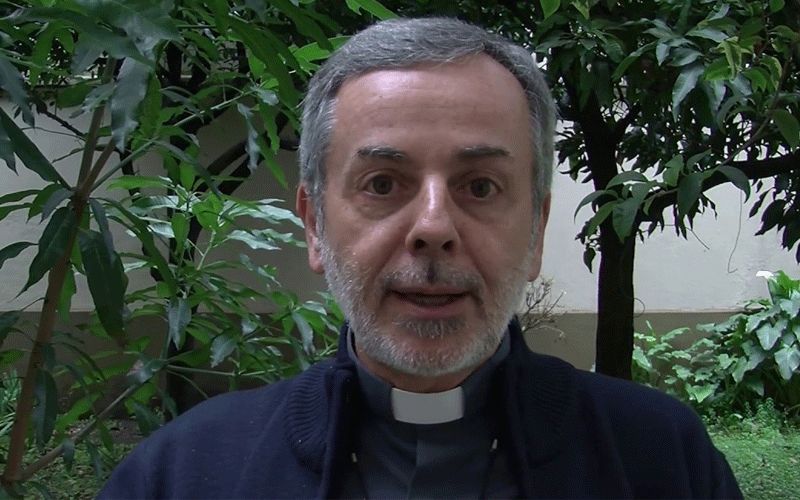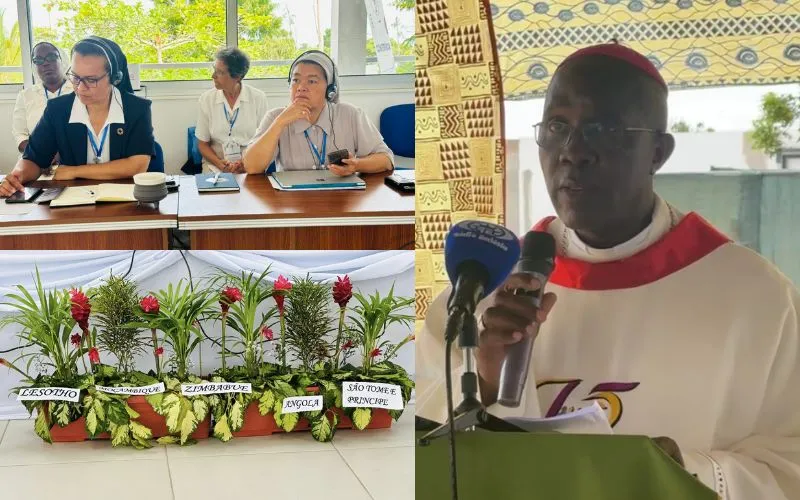Additionally, the diocese has organized projects supporting the poorest in the country including through the help of local religious communities as well as international supporters.
“Our parishes also looked for ways to be close to each one of you through the adoration of the blessed Sacrament, writing down your names on the benches of the church, WhatsApp groups, distributing food to the poor,” observed the Bishop.
“We also show our being Christians by caring for each other in the simplest things like keeping social distance, wearing masks, washing our hands, being careful of what we share on social media,” the Bishop said and added, “Do not underestimate any of this; remember Naaman when he was asked by the prophet Elisha to wash seven times in the river Jordan… Every little act of love counts!”
All the breakthroughs notwithstanding, COVID-19 presents a new set of challenges, according to the Bishop who notes that there are “still more people and situations” the Church needs to address.
“We have suddenly been unable to nourish our faith through the sacraments and our coming together. Some took this time for a deeper personal prayer and spiritual nourishment but others found themselves completely unprepared not knowing how to be close to God,” says Bishop José Luis.
(Story continues below)
The 59-year-old Prelate says that for some, the COVID-19 lockdown has been an opportunity to spend quality time with the family but for others who he says are unable to pray as a family, staying together has been a source of family tensions.
Additionally, while the ‘stay at home’ directive has been implemented globally to contain the spread of the virus, this measure cannot work for some who live in small crowded spaces and the homeless, the Bishop says.
“Wash your hands, we are also told, but what do we do when there is no water?” the Prelate queries and adds, “What about all the self-employed people, selling in the streets whose only income is what they themselves are able to make on a day to support their families?”
The Bishop notes that the diocesan initiatives, important as they are, only reach a small percentage of the people.
“God’s question, ‘where is your brother’ (and where is your sister?) in the book of Genesis calls you and me to know what each one of them is going through and then make ourselves neighbours like the good Samaritan in the Gospel of Saint Luke,” Bishop José Luis who has been at the helm of Manzini diocese since November 2013 after being transferred from Ingwavuma in South Africa reflects.
Agnes Aineah is a Kenyan journalist with a background in digital and newspaper reporting. She holds a Master of Arts in Digital Journalism from the Aga Khan University, Graduate School of Media and Communications and a Bachelor's Degree in Linguistics, Media and Communications from Kenya's Moi University. Agnes currently serves as a journalist for ACI Africa.








